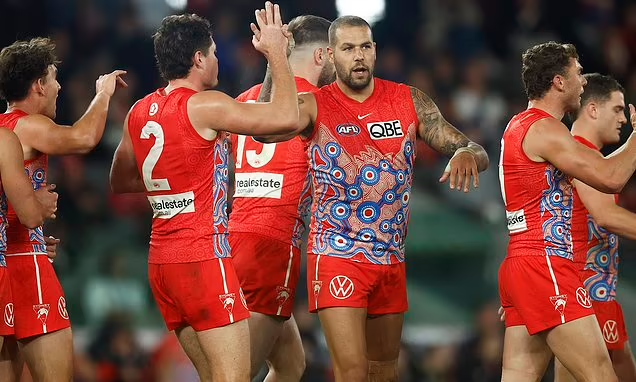
James Hird’s father is advocating for a renewed investigation into the Essendon Football Club’s 2013 supplements scandal following a recent inquiry into Chinese swimmers accused of doping.
The Essendon Football Club was embroiled in controversy in 2013 over its supplements program in 2012. The Australian Football League (AFL) found Essendon and key officials guilty of breaching player health and safety regulations. As a result, Essendon was excluded from the 2013 AFL finals, fined $2 million, and their coach, James Hird, was suspended for 12 months. Additionally, 34 past and present players were initially found not guilty by the AFL Tribunal but were later suspended for 12 months in 2016 after the World Anti-Doping Agency (WADA) appealed to the Court of Arbitration for Sport.
Hird, a beloved figure at Essendon, left the club amidst the scandal and failed in his attempt to return as head coach in 2024.

Meanwhile, WADA has initiated an independent investigation into its handling of a case involving 23 Chinese swimmers who tested positive for a banned substance but were not penalized. The swimmers, including members of China’s Tokyo Olympics team, won medals despite their positive tests, with China’s anti-doping agency claiming the substance was ingested unknowingly.
James Hird’s father, Allan Hird, criticized Sport Integrity Australia (SIA) chief executive David Sharpe for not providing the same level of support to Australian athletes Peter Bol and Shayna Jack, who were accused of taking performance-enhancing substances. Hird called for a re-examination of the Essendon players’ case, arguing that they did not have a clear understanding of the World Anti-Doping Code and were charged with taking a substance that was not listed until after the alleged violations occurred.
Swimming Australia chief executive Rob Woodhouse expressed support for the independent review into the Chinese swimmers and called for transparency and trust in the anti-doping system.






